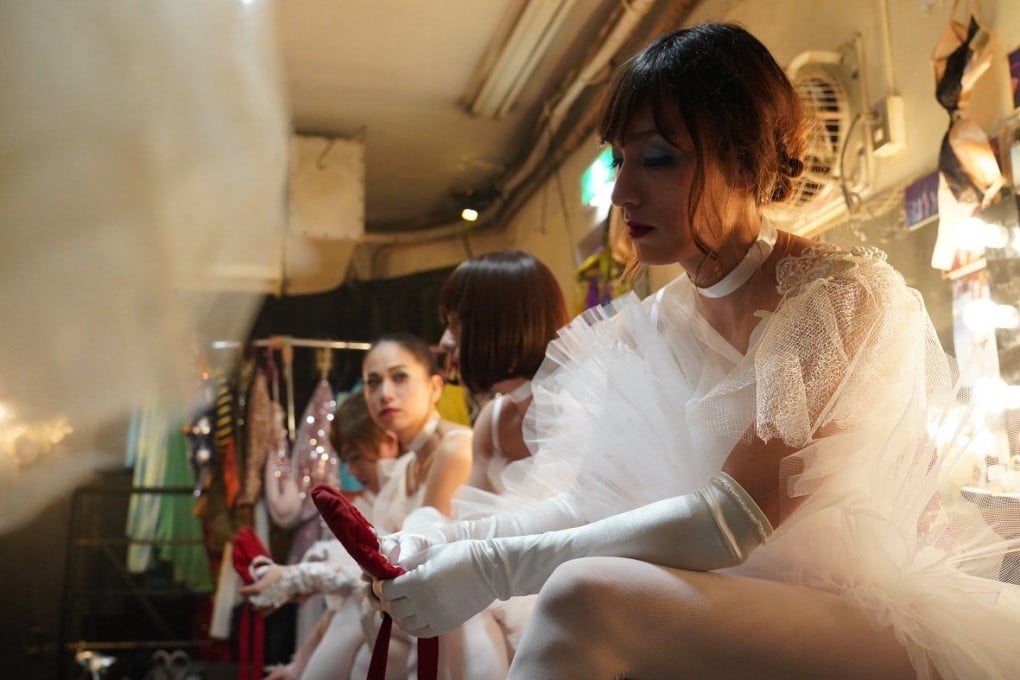Review | Midnight Swan movie review: transgender drama starring Tsuyoshi Kusanagi, once of SMAP, from The Naked Director’s Eiji Uchida
- A middle-aged transgender woman’s life is upended by the arrival of a teenaged relative. Reluctant to take responsibility, she finds the will to nurture her
- Uchida has dedicated his career to championing marginalised voices, and with this film he appears to have struck a chord with mainstream audiences

3/5 stars
Winner of the best picture prize at the 2021 Japanese Academy Awards, Eiji Uchida’s Midnight Swan tackles the taboo subject of transgenderism in contemporary Japan, and has proven a surprise box office hit in a country not known for its progressive attitudes towards sexuality.
After Ichika’s abusive, alcoholic mother (Asami Mizukawa) is reported to child services, the introverted teen (newcomer Misaki Hattori) is sent away from Hiroshima to live with her uncle in Tokyo. Only upon arrival does she learn that he now lives as Nagisa, a dancer and hostess at a trans bar.
Reluctant to take on her new-found parental responsibilities, Nagisa nevertheless accepts Ichika into her squalid home. At school, Ichika is bullied about her guardian, but discovers an after-school ballet club, where she shows immediate promise. However, her need for money sets the girl on a treacherous path of her own.